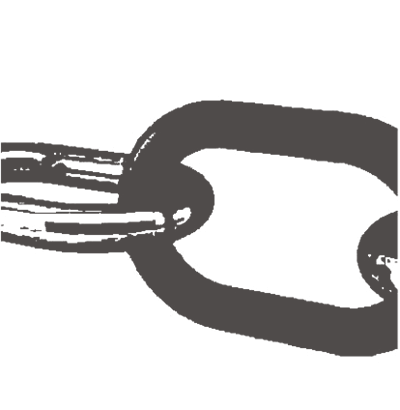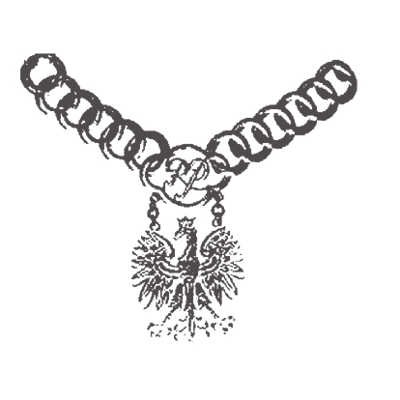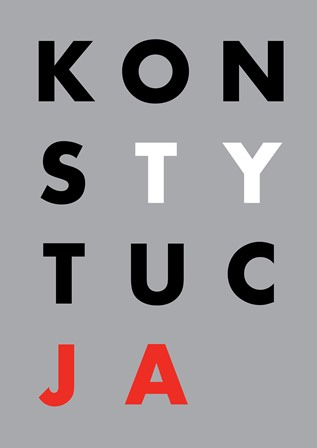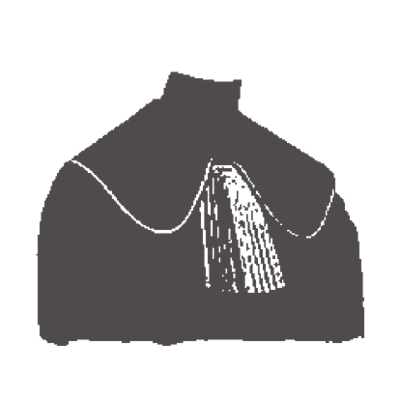Stanisław Drozd
The dormant foreign affairs pre-emption doctrine in the US and the EU
12.11.2025
international law
According to the American doctrine of foreign affairs pre-emption, in a federation the conduct of foreign affairs must be reserved for the federal government. If member states are allowed to pursue their own international agendas, it can embarrass the union and prevent it from speaking with one voice and from acting effectively on the international stage. Hence, member states should not only refrain from contradicting the federal government in international relations, but must not take any individual action in foreign affairs—even if the federal government remains silent on a particular issue of foreign policy. This negative aspect of the doctrine of foreign affairs pre-emption is called the “dormant foreign affairs pre-emption doctrine.”

Law and democracy in an age of economic protectionism
24.10.2025
European Court of Justice
How we treat foreign investors and traders in Europe is not just a matter of their rights. It is also a matter of our rights and interests. Whether we, as Europeans, can buy electronics from Chinese manufacturers is as much a matter of these manufacturers’ freedom to operate on the European market as it is a matter of our freedom to choose suppliers and to engage in trade with whom we want. Whether European contractors must compete with their Turkish counterparts for public infrastructure works in the EU is as much a matter of the Turks’ freedom to provide their services to European governments as it is a matter of our right to have our public funds spent efficiently. Obviously, these rights and freedoms are not absolute and can be limited for the sake of other important values. But the decision to do so is a consequential one.

Principle of transparency and certainty of terms in public contracts and beyond
26.02.2025
litigation, public procurement, contract
The principle of transparency and certainty of terms are essential for ensuring fair and efficient trade, particularly within the public procurement sector. A case currently before the Court of Justice of the European Union (C-82/24), in which we have the privilege of representing the contractors, underscores the dangers of interpreting contractual terms unpredictably after a contract is awarded, and issues that can arise if governing law is applied inconsistently or arbitrarily to public contracts, disregarding the principle of party autonomy. The opinion issued in the case by Advocate General Sánchez-Bordona explains how EU law can safeguard contractors by preventing such risks.

Freeriding isn’t allowed in an alliance, but neither is bullying and humiliating your allies
23.02.2024
varia
Donald Trump has caused uproar in Europe by his comments that the US under his lead would not come to the rescue of NATO states that are not contributing enough financially to NATO’s defence capacity. This is not the first time he has said such things, and he made similar suggestions when he was the sitting president. This time he added some unhinged and provocative comments about how he would actually encourage Russia to do “whatever the hell it wants” with non-paying NATO member states. But leaving aside this appalling style and all antipathies, let’s consider if he has a point in law.

Constitutional hostile takeover?
22.02.2024
constitution
Can the outgoing government’s “digging in” at state institutions be compared to the actions of a company’s management board abusing their powers, in their own interest, to keep the shareholders from transferring control of the company to a new investor? And if so, does the Polish Constitution ban such actions by holders of public authority, just as private law bans such actions by the management board (or anyone else acting in a fiduciary capacity)?

Our unwritten constitution
25.01.2024
constitution
A fundamental problem in any democracy is how to prevent the tyranny of the majority—when a political force gains enough public support and power to enable it to trample on the fundamental rights of its opponents (and ultimately its own supporters).

Neither fountainhead of justice nor good Samaritan
16.01.2024
constitution
The rulings of the Polish Constitutional Tribunal likening the President’s pardon power to a royal whim are wrong. In former monarchies, the king was deemed the “fountainhead of justice,” and thus could be said to have unbridled licence to interfere in its administration. In a modern state, the President does not play such a role, and in a democracy sources of justice are sought elsewhere. Therefore, the President’s pardon power cannot be understood so anachronistically.

The Polish North and South
11.01.2024
constitution
During the American Civil War, the leaders of the Confederacy rejected the US Constitution and the legitimate authority of the United States, and for four years exercised their own dominion over the South. When the rebellion was finally put down, US courts had to recognise that under the US Constitution and the Union’s understanding of it, the rebellion was illegal and the rebel leaders had no legal basis for participating in it. Using the terminology fashionable in Poland today, we could call these persons “neo-officials.”

Should we be preparing for a Russian-Belarusian investment arbitration offensive?
24.03.2022
arbitration, litigation
After Russia threatened to expropriate foreign investors withdrawing from that country because of the war with Ukraine started by Russia and Belarus, we have seen an avalanche of commentaries encouraging wronged enterprises to prepare lawsuits against Russia in investment arbitration proceedings.

EU economic sanctions and international sport
07.03.2022
sport
Clubs are withdrawing from Russian leagues and foreign players are terminating contracts with Russian clubs. This is not just a protest against the war, but a rational step in the face of EU economic sanctions. And possibly the biggest shocks are still to come.

The Russia ban and the principle of neutrality of sport
02.03.2022
sport
One of the fundamental principles enshrined in the Olympic Charter is the principle of neutrality. According to this principle sport must be separate from political, religious or any other type of interference. This principle has been put to a major test by the international sport community’s response to the Russian invasion on Ukraine.

Compensation for human rights violations in supply chains
24.02.2022
international law, project, ESG & sustainability
Businesses are to be held legally accountable for failing to exercise due diligence to prevent human rights violations from occurring in their supply chains. On 23 February 2022, the European Commission published a long-awaited draft Directive on Corporate Sustainability Due Diligence.
